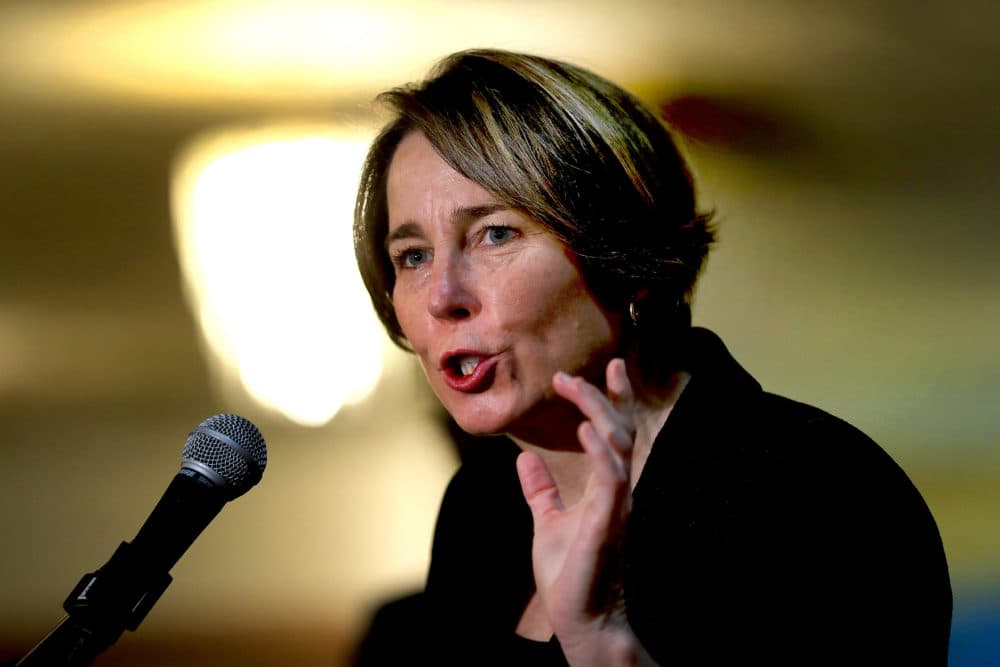Advertisement
Attorney General Finds Non-Utility Customers Overcharged For Electricity

Massachusetts residents who get their power through competitive electric suppliers paid $426 million more over five years than they would have if they'd stayed with their utility companies, according to a new report from Attorney General Maura Healey.
Healey's office said the report is its third showing that residents who enroll with competitive suppliers overpay for electricity, and the attorney general said the findings underscore the need to pass bills (SD 674/HD 1614) she filed with Lynn Sen. Brendan Crighton and Lawrence Rep. Frank Moran that would bar the companies from enrolling new individual residential customers.
"Our report shows that these companies continue to drain millions from communities across our state, and worse, our most vulnerable neighbors are being hit hardest in the midst of a deadly pandemic," Healey said in a statement. "We've heard far too many stories of these companies going door-to-door and calling residents over and over with false promises of cheaper electricity bills, only to stick customers with a higher rate and a contract they can't get out of."
A 1997 law a gave Massachusetts consumers the option to buy their electricity directly from a competitive supplier instead of through a utility, and Healey's office said about 450,000 Massachusetts residents are currently enrolled with such suppliers.
The report, prepared by the Susan M. Baldwin Consulting firm, found that low-income residents are nearly twice as likely to sign up with competitive electric suppliers and are also charged higher rates than other customers.
Analyzing the total consumer loss to the competitive supply market by city for the month of September 2019, the report found the greatest impact in Worcester, Fall River, Lowell, Brockton, Lynn and Lawrence, where consumers faced losses ranging from $180,006 in Lawrence to $390,078 in Worcester.